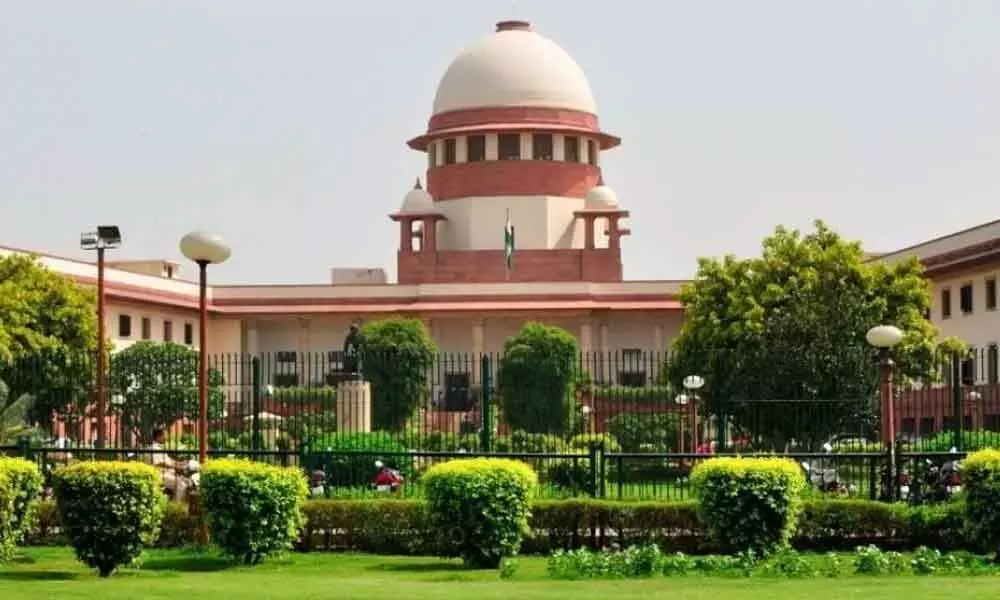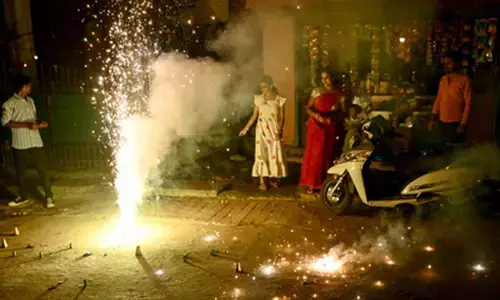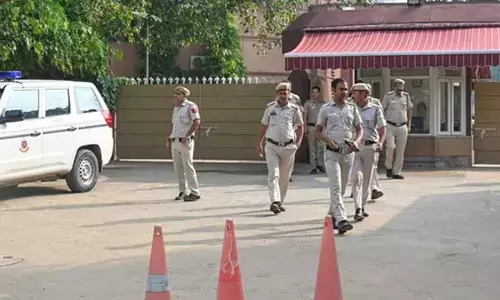Supreme Court seeks UP reply on 13 juvenile convicts languishing in Agra jail

Supreme Court
The Supreme Court on Thursday sought response from the Uttar Pradesh government on a plea highlighting the sorry state of affairs in the state
New Delhi: The Supreme Court on Thursday sought response from the Uttar Pradesh government on a plea highlighting the sorry state of affairs in the state, where 13 convicts continue to languish in Agra's jail despite being declared juvenile at the time of the commission of offence.
Advocate Rishi Malhotra, representing the convicts, submitted that despite unchallenged rulings from the Juvenile Justice Board (JJB), which say they were below the age limit of 18 years, yet no steps have been taken for their immediate release.
A bench of Justices Indira Banerjee and V. Ramasubramanian issued notice to the state government and scheduled the matter for consideration on July 8.
The plea sought immediate release of the convicts, who have been incarcerated for periods ranging from 14 to 22 years. In a majority of cases, their statutory criminal appeal against their conviction under various IPC offences is pending before the High Court
The plea contended that the JJB, through its orders between February 2017 and March 2021, categorically held that all these petitioners were below 18 years of age on the date of the alleged incident. It added that they were declared juveniles by the court concerned.
The plea also contended that according to Juvenile Justice (Care and Protection of Children) (Amendment) Act, 2006, the plea of juvenility can be raised at any stage of the trial and also after final disposal of the case.
Citing this law, the plea argued that petitioners continue to languish in jails amongst hardcore criminals, which defeats the purpose and objects of JJ Act.
"The necessity and the need of hour is to immediate direct release of these petitioners in view of the fact that not only they are declared juvenile, but they have already undergone a maximum period of detention provided under the JJ Act, 2000, ie, three years," it said.
Citing Article 21 (right to life and liberty) of the Constitution, the petitioners urged the top court to pass necessary orders for their release.



















